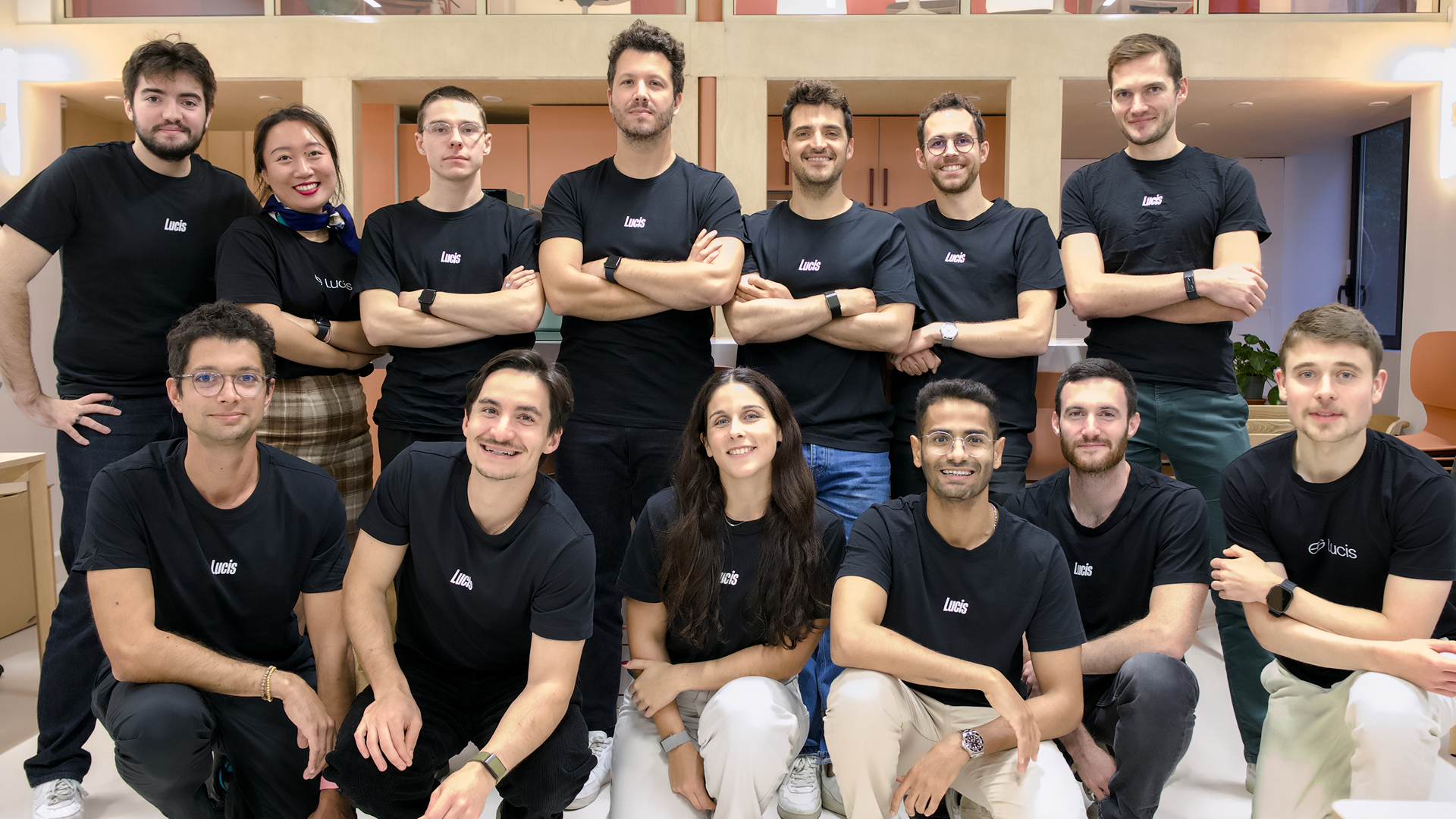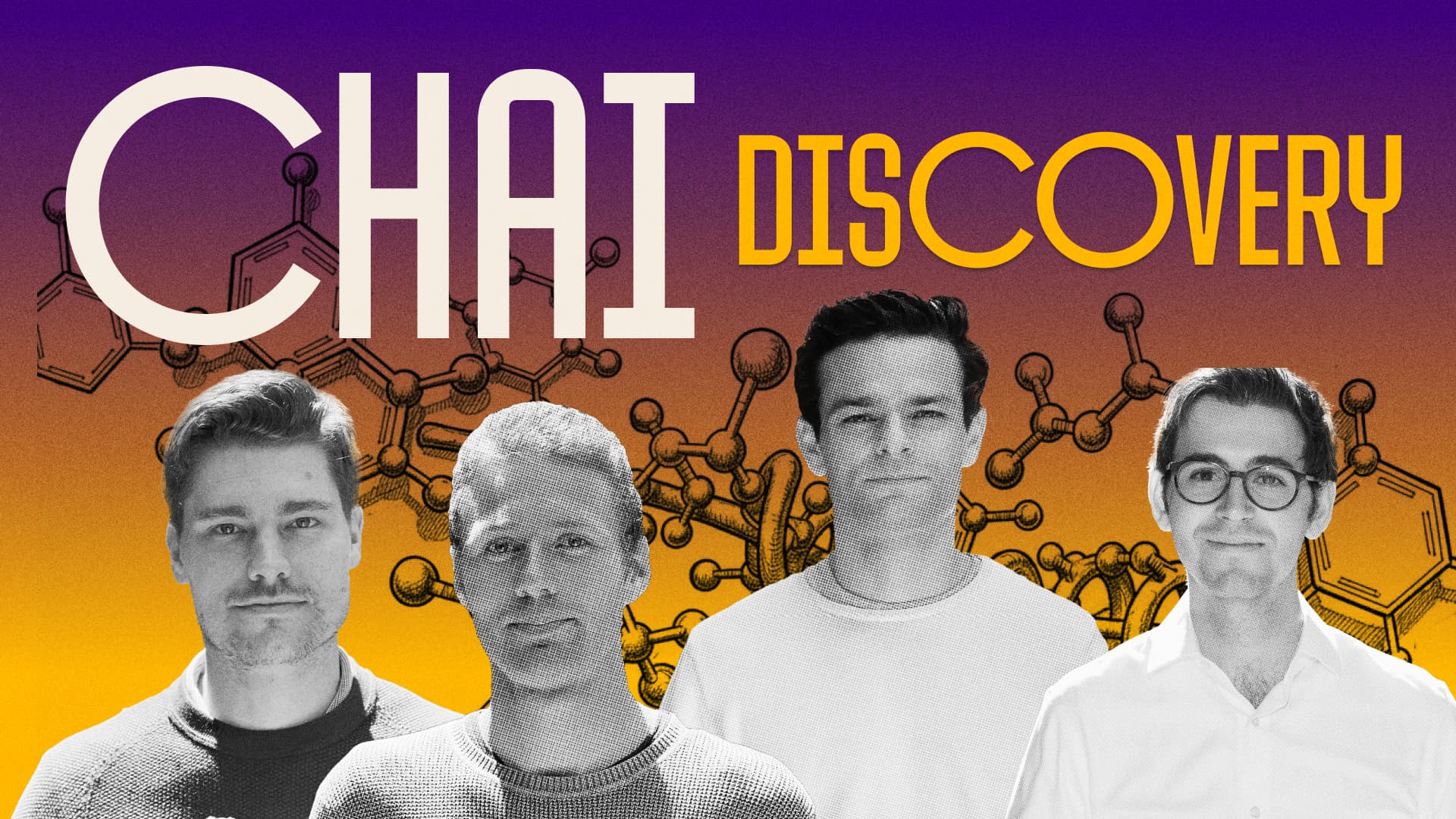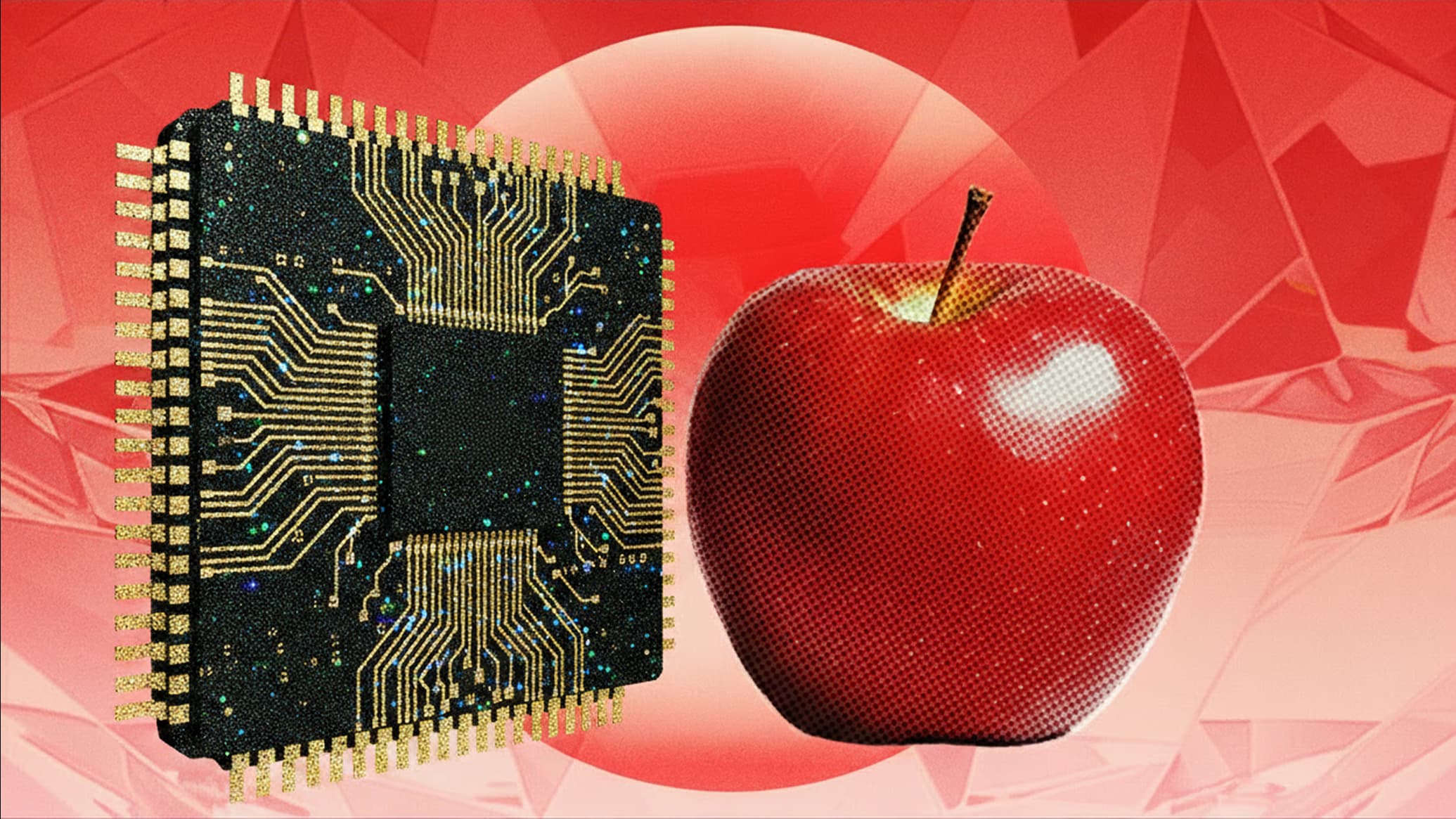Table of contents
Today at General Catalyst, we are excited to announce that we are leading CTRL Therapeutics’ $10M seed funding round. By developing a novel, non-invasive and less costly therapy for patients with solid tumors, the company has the potential to bring life-saving treatments to patients who currently have limited options.
While cellular therapy has revolutionized cancer treatment for hematologic cancers, developing cellular therapies for solid tumors has been much more challenging. CTRL Therapeutics is developing a next-generation cell therapy platform with broad applicability across numerous solid tumors.
Potent cell therapy for solid tumors
The first generation of cell therapies (CAR-Ts) have demonstrated tremendous efficacy in certain hematologic malignancies but have not been as successful in solid tumors.1 Researchers believe that this is because CAR-Ts are engineered with specificity against a single tumor antigen, and most solid tumors do not express a single antigen uniformly. In contrast, Tumor-Infiltrating Lymphocyte (TIL) therapies are polyclonal, recognizing multiple tumor antigens. Harvested from the body, TILs have demonstrated promising results in the clinic.2 However, TIL therapy requires surgery to extract the cells from a patient’s tumor, which is invasive and costly, and not all patients will have resectable tumors.3
Accessible cell therapy
Through their proprietary platform for the identification and isolation of circulating tumor-reactive lymphocytes (cTRLs) from blood, CTRL has the potential to develop new treatments for solid tumors. By avoiding invasive and costly surgery, CTRL’s approach may enable broader patient access, as well as delivering superior cost-effectiveness and a simpler manufacturing process. This approach has the potential to provide greater efficacy than TILs by improving the immune-phenotype, quality and consistency of therapeutic cells harvested.
Powering an entirely new category of cell therapy
With results recently published in Nature Biomedical Engineering the CTRL team has made substantial progress toward realizing their vision of next generation cell therapy for solid tumors, demonstrating that cTRL cells exhibit significant levels of antitumor activity when tested against solid tumors in mice.
We believe that harnessing nature’s machinery has the potential to deliver safer and more effective therapeutics than traditional drugs. CTRL’s approach has the potential to define a new modality that could overcome long-standing hurdles in the field. With this funding, CTRL Therapeutics intends to further optimize and validate its platform and build its team.
General Catalyst is excited to partner on this investment with Intermountain Health, FACIT, and other investors, and grateful to be on this journey with CTRL Therapeutics, to propel the development of next-generation cellular therapy for solid tumors, and to seek to bring accessible, safe and effective therapeutics to patients affected by cancer.
1 https://www.cell.com/molecular-therapy-family/molecular-therapy/fulltext/S1525-0016(20)30472-X
2 https://www.nejm.org/doi/full/10.1056/NEJMoa2210233
3 https://www.ncbi.nlm.nih.gov/pmc/articles/PMC9335895/










_r1_v2%20(1).jpg)

